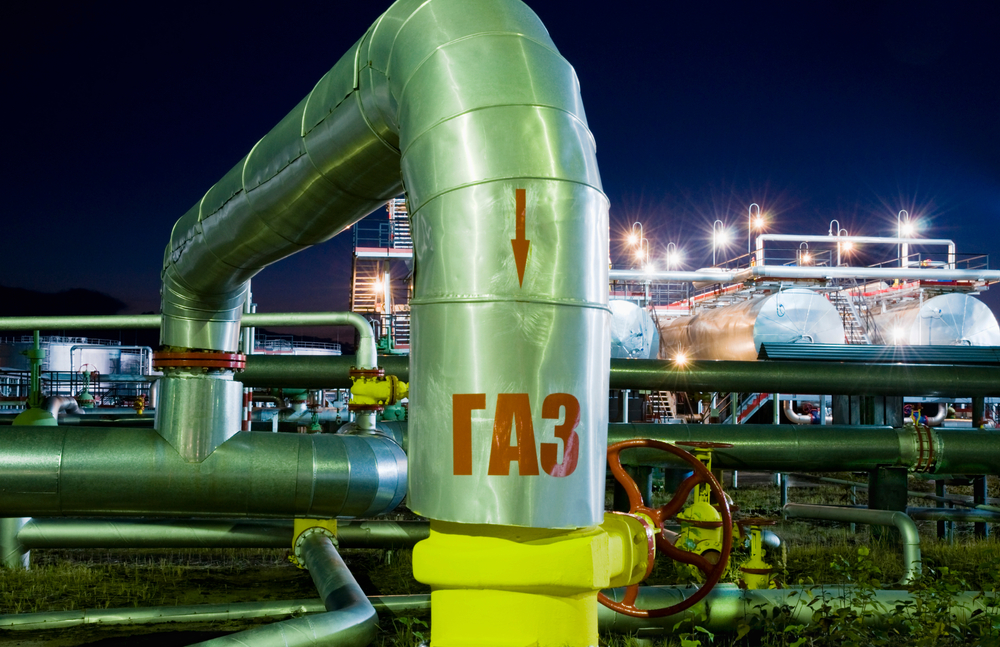Ukrainian drone strikes cripple Russian fuel production.
Others are reading now
Russia’s gasoline output took a significant hit, dropping by 12% in the last week of March.
This downturn comes on the heels of a series of Ukrainian drone attacks targeting oil refineries within Russian borders, showcasing the tangible impacts of escalating tensions on the country’s energy sector.
A Sharp Decline Amid Aerial Assaults
Official data cited by the Kommersant business daily revealed a stark reduction in Russia’s fuel production capabilities.
From March 25 to March 31, the country managed to produce only 110,700 metric tons of gasoline per day, marking a 12% decrease from February’s daily average.
Also read
Diesel production wasn’t spared either, experiencing a 3.5% drop and resulting in a daily output of 231,000 metric tons.
The precision of the Ukrainian drone assaults in mid-March is noteworthy, with at least eight Russian refineries targeted.
The aftermath saw four of these facilities either partially or fully ceasing operations.
These attacks are not just physical but carry significant psychological and strategic weight, potentially altering the landscape of energy production and distribution in the region.
The Ripple Effects
Reuters has shed light on the severity of the situation, estimating that these strikes have sidelined about 14% of Russia’s primary oil refining capacity as of the end of March.
The effects of such a substantial reduction are multifaceted, extending beyond the immediate physical damage to encompass broader economic and strategic implications.
Despite the grim scenario, Russia’s Energy Minister Nikolai Shulginov conveyed optimism, stating that many of the affected refineries are slated for a revival in the upcoming months.
In a move to mitigate the fallout, Deputy Prime Minister Alexander Novak announced that oil companies had been directed to boost gasoline and diesel production, a step aimed at cushioning the blow and averting further risks.
The incident has begun to stir unease within the market, influencing gasoline prices in a manner that contradicts initial expectations.
After a brief period of decline, prices started to climb again. Belarus has stepped forward, offering to export gasoline to Russia, a move that could help bridge the supply gap created by the recent disruptions.


